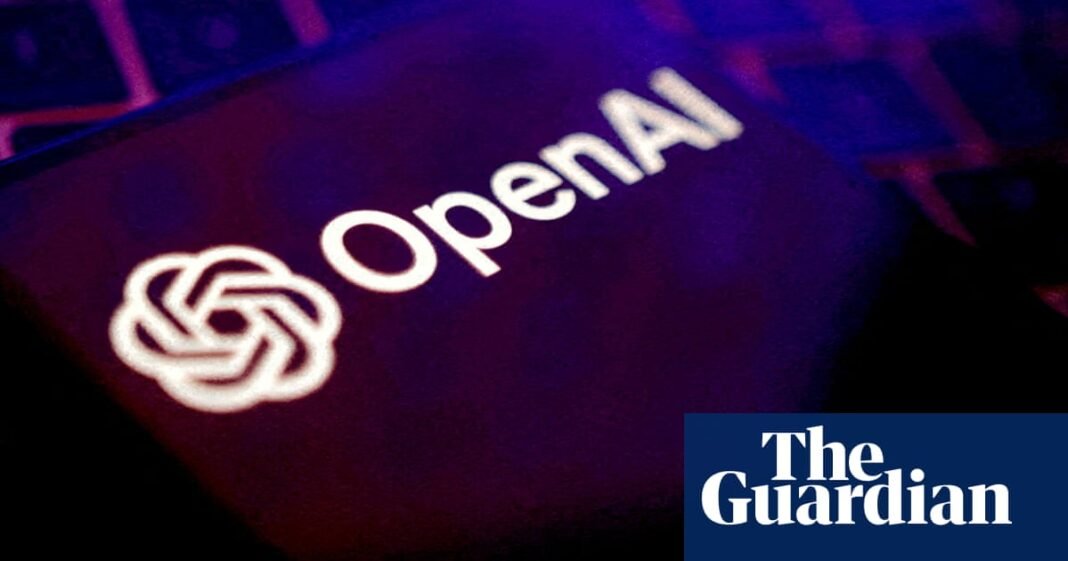Consolidation of Copyright Cases Against OpenAI and Microsoft Sparks Debate in the Literary Community
Twelve copyright lawsuits against OpenAI and Microsoft will be consolidated in New York, despite objections from many authors and news outlets involved in the suits. This centralization aims to streamline proceedings related to allegations of unauthorized use of copyrighted materials for AI model training.
Lead: In a significant development for the literary and tech industries, twelve US copyright cases against OpenAI and Microsoft have been merged in New York, even as many authors and news organizations contest this decision. This consolidation, mandated by a transfer order from the US Judicial Panel on Multidistrict Litigation, is intended to streamline the legal process surrounding claims that these companies have used copyrighted materials without permission to train their advanced artificial intelligence models. The cases, which include lawsuits filed by celebrated authors such as Ta-Nehisi Coates, Michael Chabon, and Sarah Silverman, are now poised to unfold under one judge, allowing for coordinated discovery and pretrial proceedings.
What You Need to Know About the Consolidation
– The US Judicial Panel’s transfer order emphasizes that combining these lawsuits is crucial for addressing overlapping factual issues.
– The key allegation centers on the unauthorized training of OpenAI and Microsoft’s large language models (LLMs) utilizing copyrighted texts.
– Notable plaintiffs include:
– Authors: Ta-Nehisi Coates, Michael Chabon, Junot Díaz, Sarah Silverman, John Grisham, George Saunders, Jonathan Franzen, and Jodi Picoult.
– News outlets: The New York Times and several others.
Centralization Rationale
The consolidation aims to:
– **Coordinate Discovery**: A single judge will oversee the gathering of evidence and witness testimony, reducing duplication and confusion.
– **Streamline Pretrial Proceedings**: The process is expected to promote efficiency and consistency in judicial rulings.
– **Resource Conservation**: Centralized litigation will save time and legal expenses for plaintiffs, defendants, and the judiciary.
While many plaintiffs have voiced concerns about the uniqueness of their individual cases, the ruling highlights a shared grievance regarding potential misuse of their intellectual property rights in AI training.
A Complex Legal Landscape
The developers of AI technologies, including OpenAI and Microsoft, maintain that their deployments are protected under the doctrine of “fair use.” This legal principle allows for the limited use of copyrighted works under certain circumstances, particularly for transformative purposes.
An OpenAI spokesperson stated:
> “We welcome this development and look forward to making it clear in court that our models are trained on publicly available data, grounded in fair use, and supportive of innovation.”
Wider Implications in the Industry
The case against OpenAI and Microsoft is only a part of a broader pattern in the tech landscape:
– **Legal Action Against Meta**: Prominent authors are also pursuing legal action against Meta for similar allegations surrounding its AI model training.
– A recent court filing claimed that Meta used a “shadow library”—containing over 7.5 million books—without authorization.
– Protests have emerged, with authors rallying against perceived intellectual theft by tech giants, exemplified by demonstrations outside Meta offices in London.
Related Developments in the World of AI
In tandem with the legal proceedings against OpenAI and Microsoft, the tech industry is witnessing significant innovations:
– **Amazon’s New Kindle Feature**: Announced on the same day as the consolidation, Amazon revealed an AI-driven feature called “Recaps,” designed to summarize book series plotlines for readers.
– While this feature aims to enhance user experience, it has raised concerns among readers regarding the accuracy of AI-generated summaries.
– As quoted by an Amazon spokesperson:
> “By adding a new level of convenience to series reading, the Recaps feature enables readers to dive deeper into complex worlds and characters without losing the joy of discovery.”
Government Response to AI Copyright Concerns
As debates heat up around copyright issues in relation to AI, the UK government is attempting to address concerns raised regarding existing and proposed copyright laws. A recent pledge promises an assessment of the economic implications of allowing AI training on copyrighted materials without explicit consent from rights holders.
Conclusion: The consolidation of lawsuits against OpenAI and Microsoft marks a pivotal moment in the intersection of technology and intellectual property rights. As the case unfolds in New York, its implications will likely shape the legal landscape for AI developers and content creators alike. The ongoing debates not only reflect the struggles of authors protecting their rights but also question the future dynamics of AI innovation and copyright law in an increasingly digital age.
Keywords: copyright cases, OpenAI, Microsoft, AI technology, literary community, fair use, consolidation, lawsuits, intellectual property rights, news outlets, authors.
Hashtags: #Copyright #OpenAI #Microsoft #Authors #AILaw #IntellectualProperty #TechNews #FairUse #Consolidation #LiteraryRights
Source link




